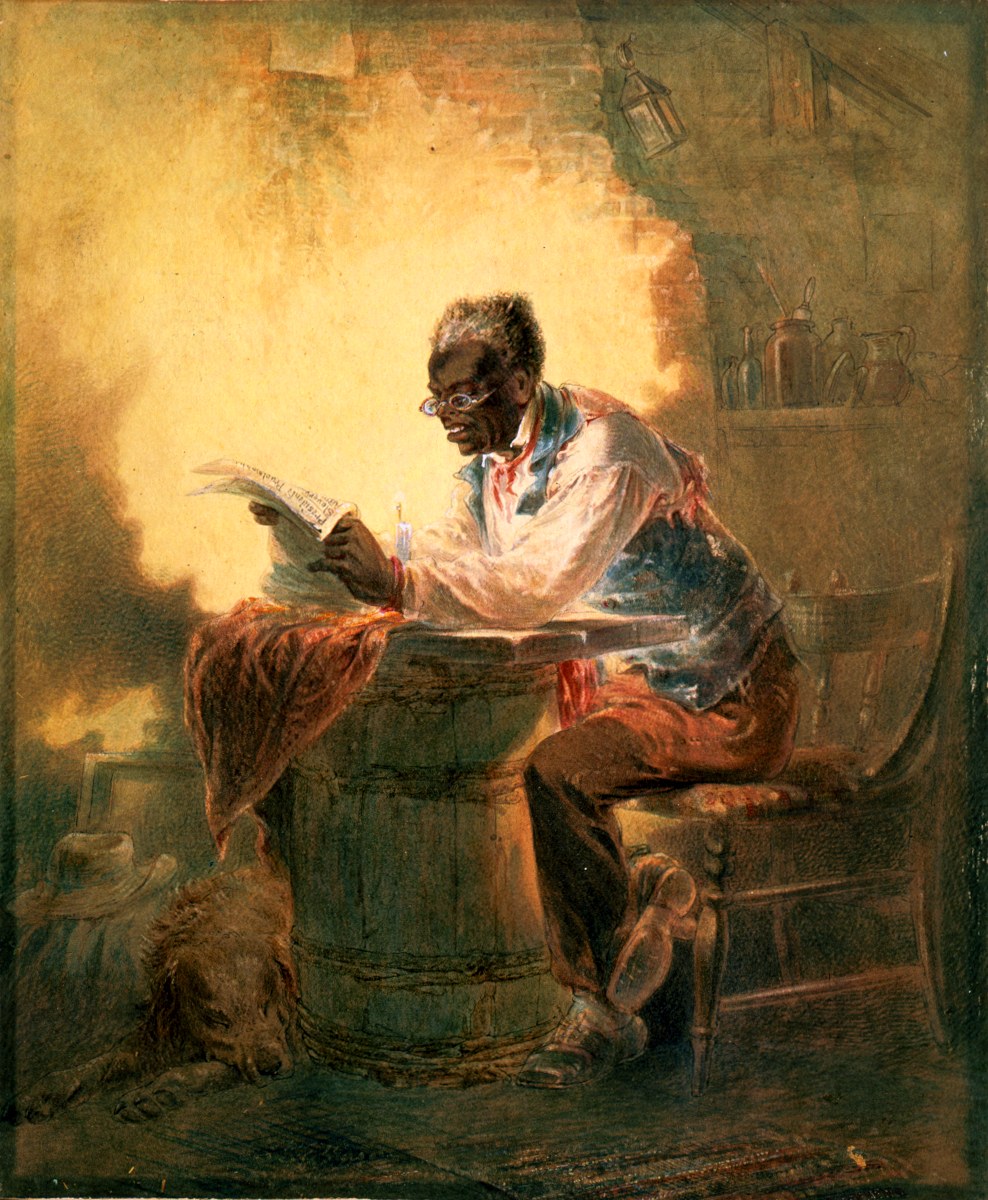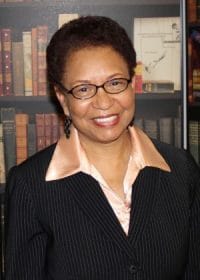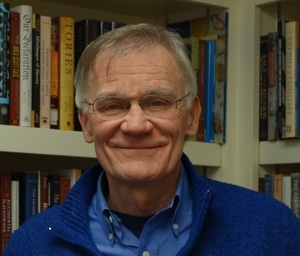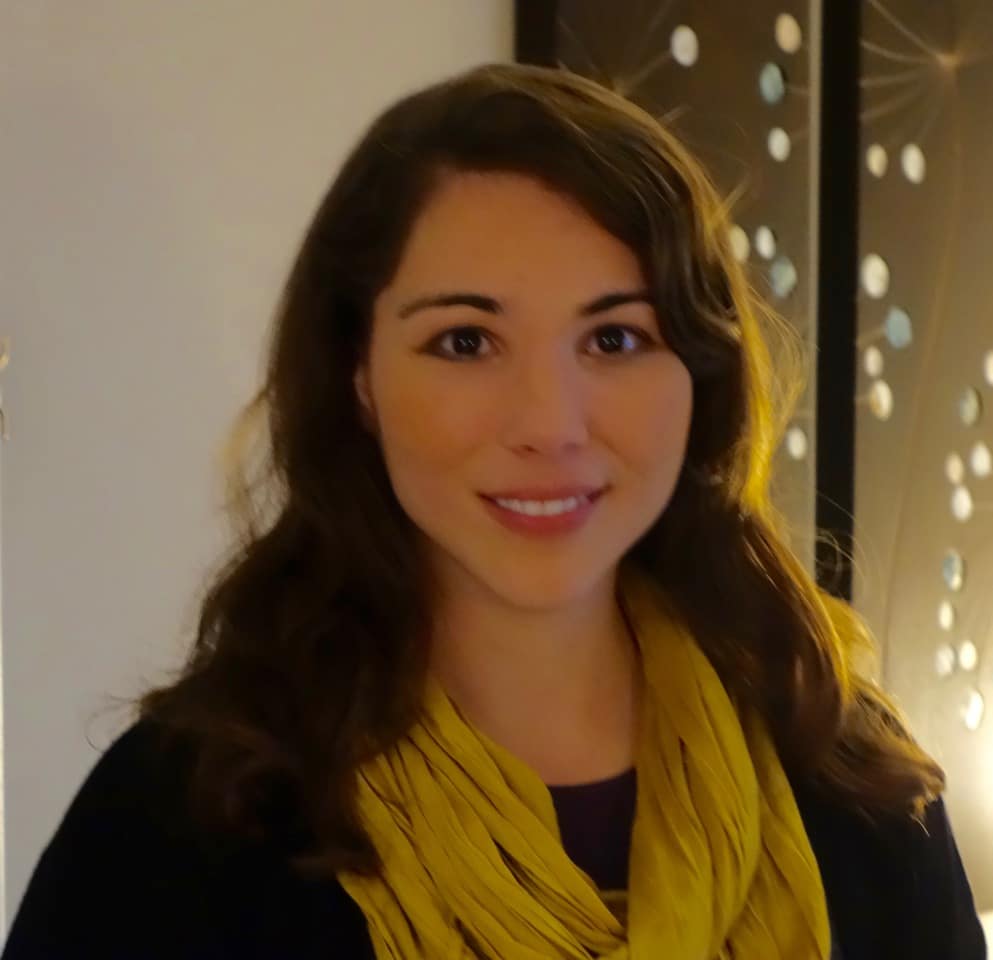The Freed People
Programs 260, 261 • 58 mins
CDs available via special order. HumanMedia ®
Listen to excerpt:
Programs 260, 261 • 58 mins
CDs available via special order. HumanMedia ®
Listen to excerpt:

Man reading a newspaper announcing the Emancipation Proclamation in 1863.
The United States faced an unprecedented refugee crisis a century and a half ago: 4 million enslaved human beings were emancipated, primarily from plantations where they’d been held captive. Most possessed no more than the clothes on their backs and were now suddenly homeless and jobless.
In the chaos following the bloody Civil War, where would they go? How would they reunite with loved ones who may have been sold to a distant owner and never heard from again? How would people who’d been abused—sometimes savagely—and cheated out of compensation for their labors, and even legally prohibited from learning to read and write, now make the transition to a free life?
In this evocative audio documentary, we learn about a remarkable agency: the Freedmen’s Bureau, established by Congress to help this population as the war drew to a close. We find out about the journey of millions of newly freed people toward citizenship. And we hear about the spiritual faith that enabled them to hang on — against past horrors and the new hostility they would endure: the terrorist backlash against emancipation including the Ku Klux Klan, which arose in this period.
We’ll hear from leading historians of Reconstruction, including Edna Greene Medford of Howard University, David Blight of Yale University and Abigail Cooper of Brandeis University. Also included are actual voices of emancipated slaves late in life (recorded in the 1940s), as well as brief readings from letters by ex-slaves, educators who traveled south to teach the freed people and others.
 Congress had authorized an American Freedmen’s Inquiry Commission in 1863, and they sent people through the South just looking at the conditions of the formerly enslaved people, who had already been freed as a consequence of the Emancipation Proclamation, and were living in areas that were under Union control. And so they discovered then that there was all of this suffering from just having been released from slavery, you know, overnight, and then having no way to take care of themselves.”
Congress had authorized an American Freedmen’s Inquiry Commission in 1863, and they sent people through the South just looking at the conditions of the formerly enslaved people, who had already been freed as a consequence of the Emancipation Proclamation, and were living in areas that were under Union control. And so they discovered then that there was all of this suffering from just having been released from slavery, you know, overnight, and then having no way to take care of themselves.”
—Edna Greene Medford, Howard University


Historians David Blight (Yale Univ.) and Abigail Cooper (Brandeis Univ.)